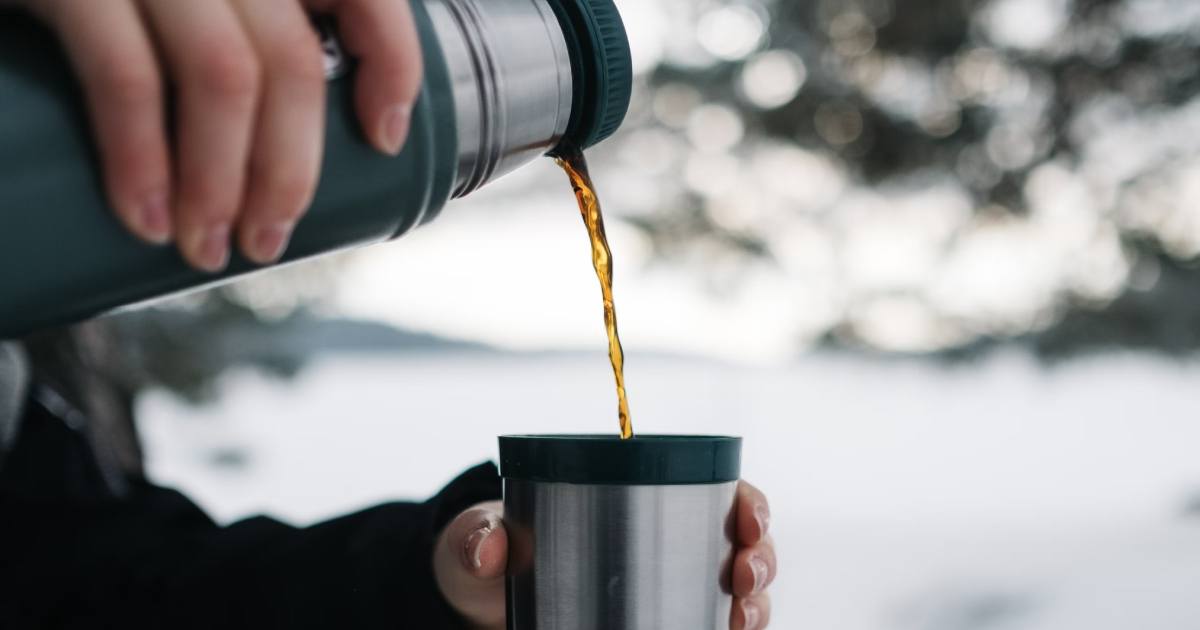- Joined
- Aug 20, 2022
- Messages
- 25,735
- Points
- 113
Man in Taiwan dies of suspected lead poisoning after 10 years of using thermal cup that got rusty

Hot and acidic beverages held in thermal cups and flasks can corrode the inner lining and cause lead leaching.
Belmont Lay
June 10, 2025, 06:13 PM
A man in Taiwan died of suspected lead poisoning after using a thermal cup for 10 years that became rusty over time.
The incident was reported by Hong Kong media ATV News.
Rusty thermal cup
It is understood that the man had been using the same thermal container daily for 10 years, even after it showed signs of rusting.He allegedly did not replace it, nor thoroughly clean it.
He reportedly had the habit of putting drinks with acidic content into the thermal cup.
It was after a decade of this practice that he started to feel unwell initially.
Lead leaching
Such a practice purportedly caused leaching of heavy metal toxins from the thermal cup.The toxins were believed to have been gradually introduced into his body.
When he began to feel unwell, the doctor diagnosed him with lead poisoning, which saw him suffer a severe lung infection.
His condition further deteriorated and he eventually died from complications due to pneumonia a year later.
Risk of leaching of toxins
Toxic substances leaching from thermal cups and flasks is understood to be a potential health concern, albeit one with a very small chance of occurring.Long-term use of such receptacles for hot or acidic beverages, such as coffee, tea, and juice, may produce chemical reactions and corrode the inner protective coating.
This causes substances, such as lead, to leak out.
Lead can damage liver and kidney function, as well as the nervous system and weaken immunity.
Chlorine or bleach may also damage the inner lining of the thermal cup or flask, compromising the vacuum seal.
Boiling water used to clean the thermal cup or flask may also damage its inner lining.
Beverages that may corrode the coating inside, include coffee, tea, juices, carbonated drinks, dairy products, such as milk or milk tea, as well as herbal and alcoholic drinks.
Why is lead used?
Lead is still the industry-standard sealing material for drinking cups and bottles due to its lower costs.The layers of the thermal cup and flask are soldered together to maintain a vacuum space between the inner and outer layers.
Lead is used in the sealing process.
The vacuum gap reduces heat transfer to keep hot beverages hot, and cold beverages cold.
Top photo via Unsplash
